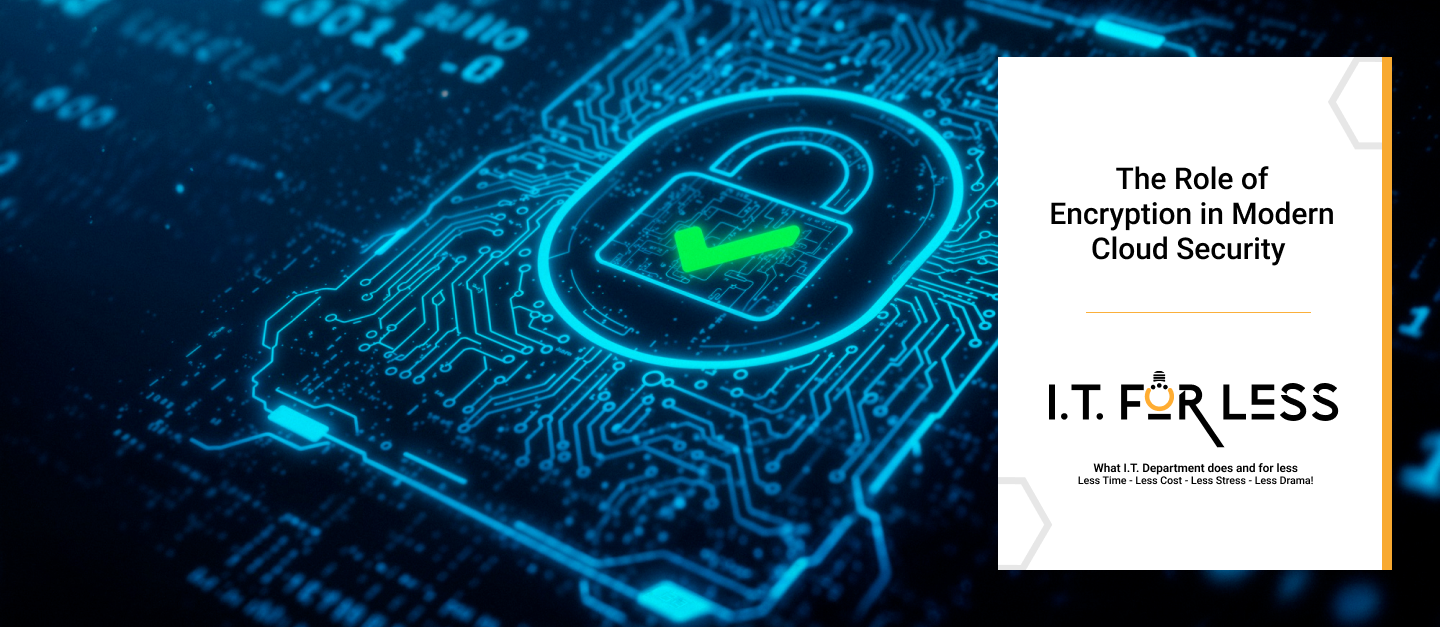As businesses continue to migrate critical applications and data to the cloud, the need for robust security has never been greater. Among the many tools available, encryption stands out as one of the most powerful defenses against data breaches and unauthorized access. But what role does encryption play in modern cloud security, and why is it so essential in 2025?
What Is Encryption?
Encryption is the process of converting data into a coded format that can only be accessed with the correct decryption key. Even if attackers gain access to encrypted data, it remains unreadable without authorization—making it a cornerstone of cloud security.
Encryption Across the Cloud Lifecycle
- Data at Rest
Encryption ensures that files stored in cloud databases, virtual machines, or storage services are secure from unauthorized access—even if the physical infrastructure is compromised.
- Data in Transit
Every time data moves between users, apps, or cloud services, it’s at risk. TLS (Transport Layer Security) encryption protects information as it travels, preventing interception or tampering.
- Data in Use
A newer trend in 2025 is confidential computing, which encrypts data while it’s actively being processed. This protects sensitive workloads from insider threats and cloud provider risks.
Why Encryption Matters for Businesses
- Regulatory Compliance: Many standards, such as GDPR, HIPAA, and SOC 2, mandate encryption for sensitive data.
- Minimizes Breach Impact: Even if attackers steal encrypted data, they can’t use it without keys.
- Customer Trust: Demonstrating strong encryption practices reassures clients that their data is safe.
- Defense Against Evolving Threats: As cyberattacks grow more sophisticated, encryption ensures sensitive information remains protected.
Best Practices for Cloud Encryption
- Always enable encryption by default for all cloud storage and databases.
- Manage and rotate encryption keys securely, ideally using a Key Management Service (KMS).
- Combine encryption with multi-factor authentication (MFA) and strict access controls.
- Stay updated on new encryption technologies, such as homomorphic encryption and confidential computing.
Final Thoughts
Encryption isn’t just an added layer of protection—it’s an essential part of any modern cloud security strategy. By encrypting data at rest, in transit, and in use, businesses can safeguard sensitive information and stay compliant in an increasingly complex digital world.
Partner with I.T. For Less today and take the first step towards securing your cloud environment with encryption that keeps your IT flowing as effortlessly as your ambition.
